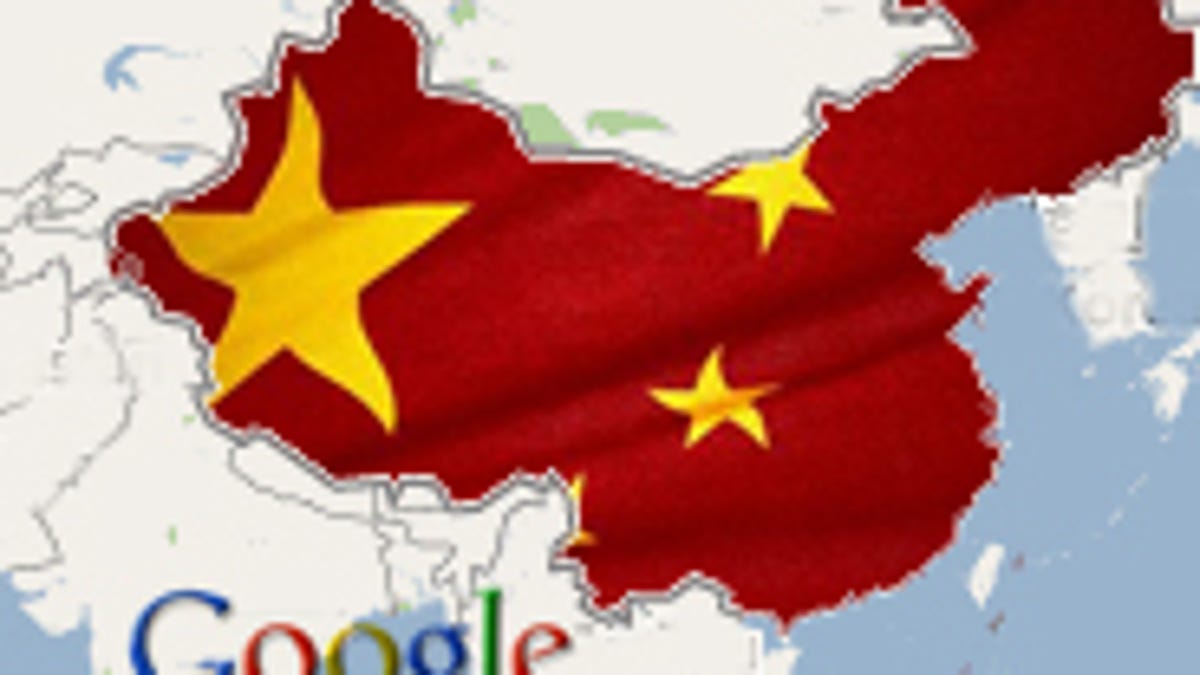State Dept. presses China ambassador on Google
But even after closed-door meeting on Thursday evening, 10 days after Google's report of illegal hacking, the U.S. has not issued a formal protest.

The U.S. government is continuing confidential talks with China in response to the Google-hacking incident, with a State Department official meeting the Chinese ambassador in Washington, D.C. Thursday night, but it has not yet filed a formal protest.
A State Department spokesman on Friday said that it was "difficult" to answer whether the disclosure of the electronic intrusions, which have reportedly targeted other companies including Yahoo, Symantec, and some defense contractors, has damaged the U.S.-China relationship. (See a CNET News roundup of coverage.)
"We are prepared to work through this issue as long as we think that...the discussion is conducted in good faith and within the context of a broadly constructive and deep relationship," Assistant Secretary Philip Crowley said on Friday.
There have been at least three meetings relating to the illegal intrusions, he said, including last night's discussion between Kurt Campbell, assistant secretary for East Asian and Pacific Affairs, and Ambassador Zhou Wenzhong. Crowley said that a protest in the form of a formal diplomatic letter--called a demarche--had "not yet" been sent, even though 10 days have elapsed after Google's initial public report.
The Washington Post reported earlier in the day, apparently incorrectly, that the demarche had already been sent.
Secretary of State Hillary Clinton's pointed speech on Thursday about Internet freedom, which said that "Chinese authorities need to provide an explanation for the cyberattacks originating on Chinese soil," has prompted a negative reaction from Beijing.
A Chinese Foreign Ministry spokesman said that Clinton's speech "runs contrary to the facts and is harmful to China-U.S. relations." An English-language article in the Global Times, a daily newspaper produced by China's Communist Party, denounced "information imperialism" and said: "Unlike advanced Western countries, Chinese society is still vulnerable to the effect of multifarious information flowing in, especially when it is for creating disorder."
During an earnings call on Thursday, Google CEO Eric Schmidt struck what could be interpreted as a more conciliatory tone, saying: "We like the Chinese people. We like our Chinese employees. We remain committed to being there." A week earlier, Google's lengthy statement on the attack neglected to stress that point, saying instead: "We recognize that this may well mean having to shut down Google.cn, and potentially our offices in China."
By contrast, Microsoft had never taken such a hard line with the Chinese government, which Human Rights Watch recently accused of "steadily curtailing" individual rights. Microsoft CEO Steve Ballmer said on Thursday, according to a Dow Jones report that: "I think you have to respect sovereign nations to make that decision (about censorship)...If the Chinese government gives us proper legal notice, we'll take that piece of information out of the Bing search engine. Outside China it will stay up."
Also on Friday, deputy White House press secretary Bill Burton was asked whether Google's disclosure of the illicit access to its internal network had damaged Washington's relationship with Beijing.
Burton replied that President Obama "continues to be troubled by the cybersecurity breach that Google attributes to China. His view, and as he said even in China, he thinks that unfettered Internet access is an important value. And as Secretary Clinton said yesterday, all we're looking for from China are some answers."

